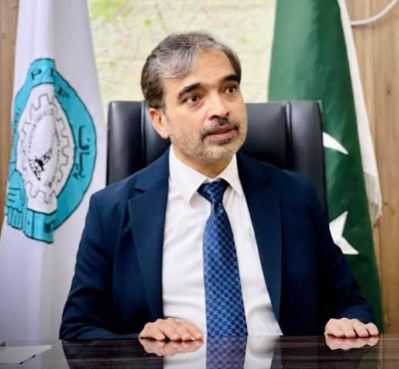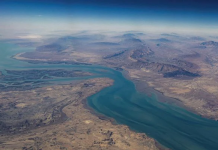ISLAMABAD, DEC 15 (DNA): The Pakistan Industrial and Traders Associations Front (PIAF) has welcomed the directives of the Prime Minister Shehbaz Sharif to further reduce power tariffs and expedite the implementation process of the action plan of the future power generation projects.
It is a welcome step for the future electricity and power plans of country, stressing the need for prioritising the low-cost power projects based on local resources.
In a joint statement PIAF Chairman Faheemur Rehman Saigol along with senior vice chairman Nasrullah Mughal and vice chairman Tahir Manzoor Ch said that the low-cost power project produce environment friendly and affordable electricity.
Faheemur Rehman Saigol further said that the current electricity generation capacity should also be shifted to solar energy.
He said that globally, electricity is being produced from environmentally friendly, low-cost solar energy, he noted, adding that Pakistan was fortunate in this regard as the country had vast potential for solar energy.
Nasrullah Maughal called for the immediate closure of such outdated power plants adding that closing these plants would not only save valuable foreign exchange, but also reduce electricity costs for consumers.
He said that immediate action should be taken against all officials deliberately obstructing reforms in the power sector. He stated that reforms in the electricity transmission system be expedited.
Tahir Manzoor Ch said that the power transmission system should be upgraded according to international standards, the prime minister further directed.
He called for swift implementation of a system based on modern technology for the selection and transmission of low-cost electricity.
Faheem Saigol wanted to complete all measures for the reform of the power sector within the specified timeline.
He warned that the continued escalation of energy prices could result in the closure of industries, amplifying unemployment rates and diminishing Pakistan’s export capabilities.
He emphased the need for the government to explore and provide affordable energy alternatives for the industry, stressed that such measures are crucial for ensuring the competitiveness of Pakistani products in the global market. As the industrial sector grapples with the ramifications of the gas price hike, the PIAF leader’s stance advocates for the preservation of industrial stability and the prevention of potential economic setbacks for Pakistan.
He said that the repeated increase in the gas and electricity prices to an unbearable level by the government has left the trade and industry uncompetitive; blaming it for trapping the country in the IMF plans.
Strongly opposing gas price surge, he said that the gas tariff hike has threatened the industrial sector, besides increasing unemployment, saying that the every government had poor economic policies that unleashed the free fall of rupee against the dollar, ensuing in input cost escalation to pull down the manufacturing growth.
He demanded the government to take back the decision of hike in gas tariff in the larger interest of national economy and to save the industries from collapse. He warned that in case, the decision is not withdrawn, the industries will close down, resulting in decline in exports and mass unemployment.
Showing their profound concerns, they said that the country’s exports have nosedived comparatively by 12.71 percent from $31.78 billion, citing the harsh factors, which was hurting the industry. This was 16.61 percent decline to the export target of $32.35 billion set for the fiscal year 2022-2023, he said that the export-oriented industries were faced with the greatest ever challenges in terms of the highest cost of manufacturing. Many industries, he claimed to have already stopped their production in the country with several others fearing a closure because of the unviable trade, which may also pulled the country’s exports further down.
He said the government should prioritise resolving the energy crisis by providing sufficient and affordable electricity and gas to industries. The import bill should be reduced by imposing bans on luxury products.

















